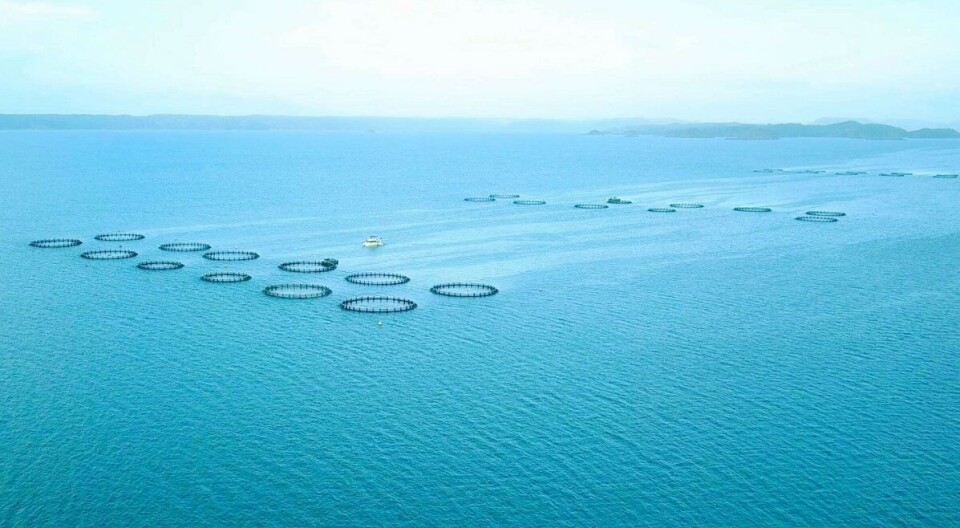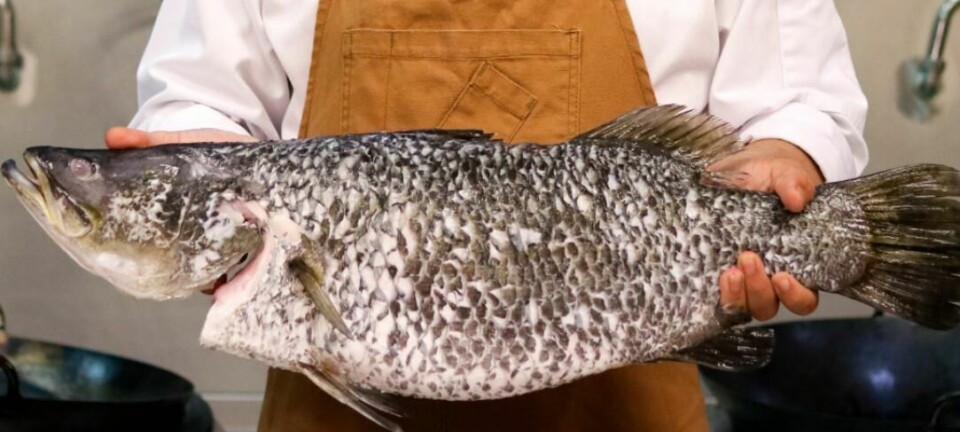
Barramundi Group lost £4.8m in second half of last year
Chief executive focuses on cutting costs and improving revenues
Barramundi Group, which farms fish in Singapore, Brunei, and Australia, made an operating loss of 7.8 million Singapore dollars (SGD) – around £4.8 m - in the second half of 2022, it said in a business update today.
The company also announced that it had signed an agreement to sell 75% of its north Australia subsidiary, Marine Produce Australia (MPA), to Northern Territories seafood producer, processor, and distributor Wild Ocean Australia.
Under the agreement, Barramundi Group’s 34% stake in Wild Ocean Australia allows it to retain an effective 50.5% economic interest in MPA. The deal also gives MPA more access to capital required to develop new sites in the Kimberley region if it gets permission from authorities to do so.
30,000-tonne ambition
Barramundi Group put MPA up for sale in the second half of 2022 after failing to find a strategic partner to fund the expansion plans.
MPA wants to increase production in the north of Western Australia from 1,600 tonnes a year to 10,000 tonnes, and then 30,000 tonnes.
It has applied for 13 sites spread across the Buccaneer Archipelago but needs both permits and funding, with the first phase expansion requiring a capital expenditure investment of around A$110 million (£64.7 m).
Barramundi Group said the completion of the transaction with Wild Ocean Australia is now awaiting the change of control approvals from certain stakeholders of MPA. Upon completion, Wild Ocean will play a strategic role in driving the Australian business and operations, as well as co-leading the application for the 13 lease sites.
Barramundi Group currently produces around 2,000 tonnes of barramundi (Lates calcarifer) per year, and is aiming for 7,000 tonnes by 2026.
Vaccine trial
After viral disease caused mortality in Singapore last year, it harvested out the site and is stocking a different site with small numbers of fish to trial a new vaccine against Scale Drop Disease Virus.
“The vaccine trial is proceeding smoothly with all necessary data being collected and compiled for safety approvals and registration with the relevant authorities,” said chief executive James Kwan in the business update.
“We continue to maintain our position to only stock for production after an efficacious SDDV vaccine is available. Meanwhile, we will supplement the supply of fish for sale in Singapore through our Australian, Bruneian operations and third party suppliers.”
Barramundi Group is also seeking biological improvements in Brunei.
It has made operational and facilities improvements to a recirculating aquaculture system (RAS) in Brunei that resulted in a survival rate of approximately 90% up to 60g and 600g.
The company has also signed a lease a 13-hectare pond site as an alternative to its Pelumpong sea nursery site.
Sporadic die-offs
“In Brunei, while we have grown and successfully harvested table-sized fish this year, we have had to calibrate our juvenile sea stocking strategy,” wrote Kwan.
“This is done out of an abundance of caution, to mitigate the impact of sporadic incidences of mortality at the Pelumpong site. We are now growing our juveniles longer in our land-based RAS to allow for stockings at a more robust average weight to improve performance.
“This and other initiatives announced last quarter, like the back-up nursery site, have been realised with additional pond leases secured at Paku. Our UVAXX Brunei laboratory is also fully operational now with a veterinarian and animal health team.”
Barramundi Group lost SGD 17.9 m (£11 m) for the whole of 2022.
“Having taken over as CEO on 1st January 2023, my immediate priorities are to continue to shore up operations and costs, while focusing on revenues across all business units,” wrote Kwan. “While we continue to build momentum for these initiatives to be fully implemented, we thank all our shareholders for their continued support as we bring the company towards a path of profitability.”
























































